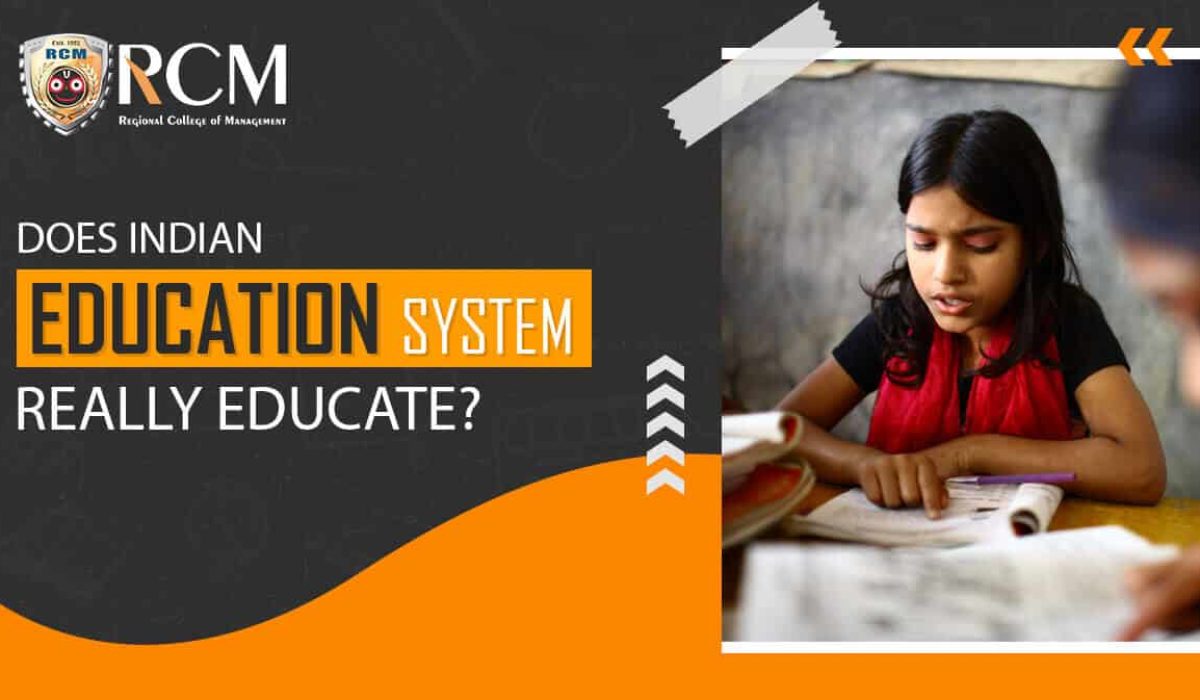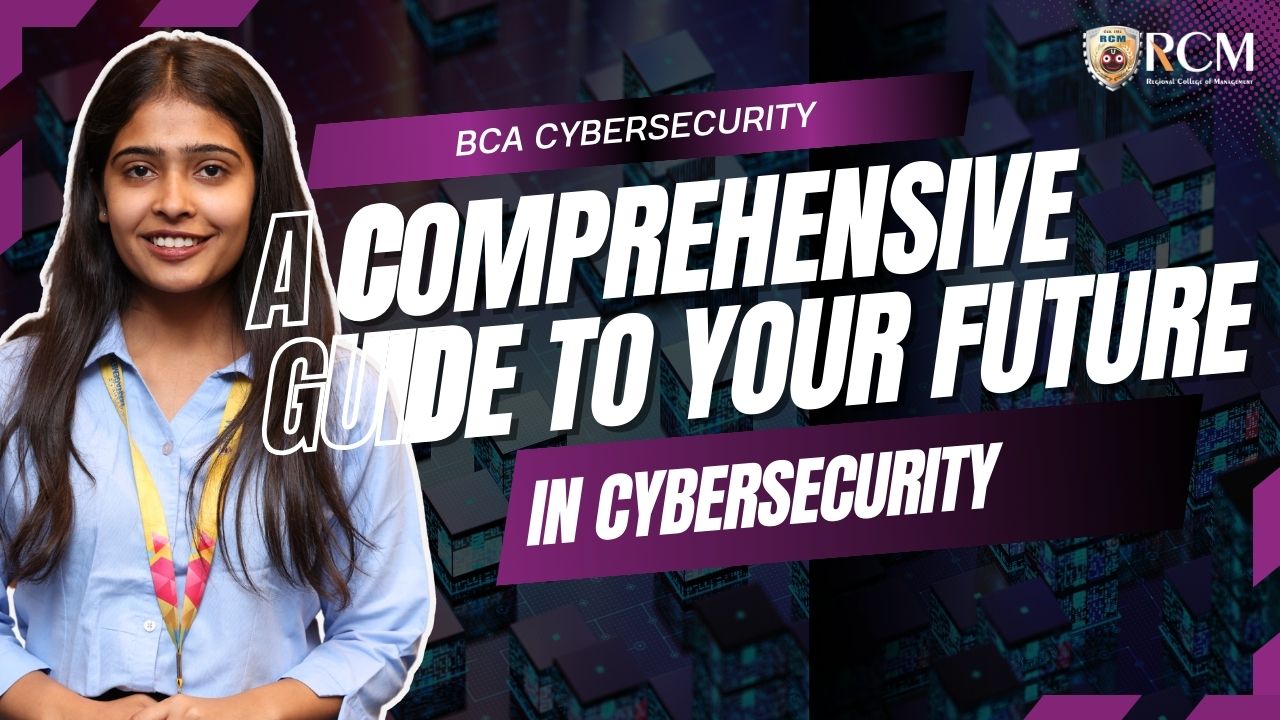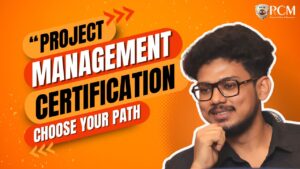Well, many stories have been heard from parents about crossing rivers and walking 10 km to pursue education. In earlier times, when no educational establishment was available, learning was conducted under a banyan tree or outside temples. This traditional learning method laid the foundation for India’s education system, which has evolved by adapting new teaching methodologies and structures.
From Oral Learning to Structured Education
As time passed, the mode of education was gradually transformed. Not only was the teaching method altered, but schools adopted structure. Initially, pedagogy was conducted orally. Knowledge was shared by a mentor, while students would sit and listen attentively. Over time, a shift to written education occurred. Knowledge was imparted by a mentor, while students took notes. This marked a significant change in the learning process.
A mentor would come and share his knowledge, while others would note it down. Soon, education started gaining significance, leading to the establishment of government schools, public schools, and private institutions, where teachers would come and teach while students would take notes. The effect of the coronavirus on education has further changed the dynamic of teaching and learning patterns in recent times.
The actual problem with the education system in India is the structure of the whole educational process. As time passed, every single sector developed except the educational sector. The institutional division was specifically downgraded, not in terms of quantity, as the educational establishments like government schools, private institutions, and universities kept growing, but in terms of quality.
Unfortunately, the approach toward education has also changed with time. Earlier, the education system in India emphasized practical learning and real-world applications, enabling students to gain hands-on experience. However, in recent times, the focus has shifted primarily to theoretical knowledge, leaving students with limited practical exposure.
A user manual can only explain certain things, whereas hands-on experience will make you understand a particular situation faster. The effect of the coronavirus further disabled the existing school system.
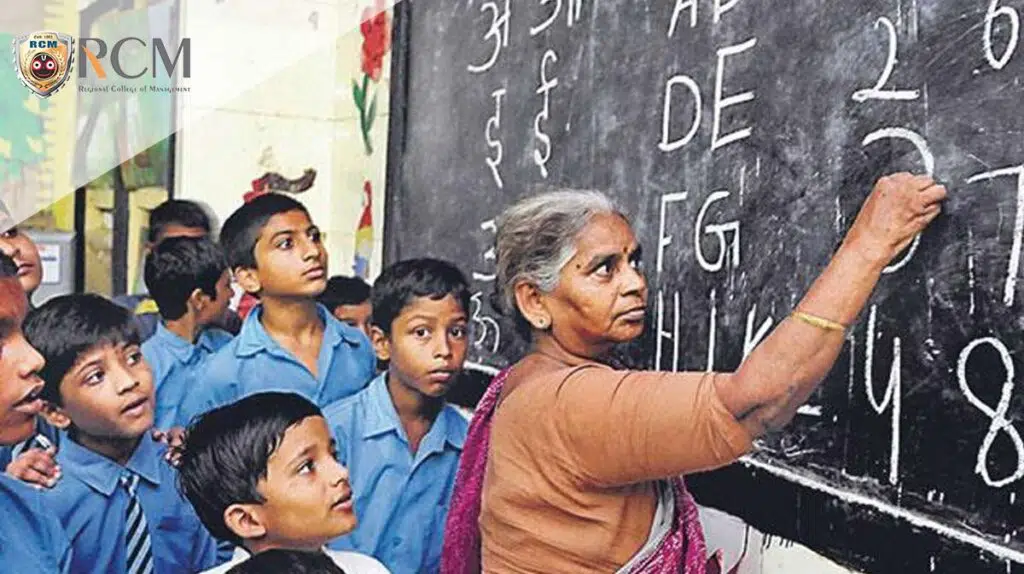
The Difference Between Being Literate and Being Educated
Literacy and education are two distinct concepts. A student who has just passed higher secondary certificate exams is considered to be literate but may not necessarily be regarded as educated. A student is deemed truly educated only if sufficient practical knowledge has been acquired in their field.
It is noticeable that the curriculum, syllabus, and teaching pattern that a school follows, be it CBSE, ICSE, or any other secondary stage board, is outdated. Students are overburdened with homework and assignments from schools and universities. The school system in India does not allow students to study what they truly want.
The Flawed Focus on Marks Over Knowledge
A kid who strives to make their name in the field of social sciences ends up devoting 1000 hours to studying Mathematics. Career counseling is absent in most public schools, and students do not know about the things they are good at and the scopes they have if they opt for doing something out of the box.
The education system in India continues to focus on the theoretical approach rather than focusing on the practical approach. The effect of the coronavirus further made it difficult for institutions to conduct practicals, as they focused just on theory.
While almost every school kid is busy scoring 90% above marks in the exam, mugging up concepts seems to be a better option for them. Nobody is interested in knowing how the formula came up in the first place. 90% of schools in India don’t have sufficient resources to conduct practicals. 99% of students don’t even know the names of lab equipment.
A study shows that 70% of the toppers have never concentrated enough in practical classes. The significant reason why the majority of students who have scored 95% plus marks in exams fail to crack national-level exams is that their concepts are not clear. A student focusing on theories and practical knowledge from the very beginning decreases the ratio of students failing to crack national-level exams.
The Pressure of Board Exams vs. National-Level Exams
Indian parents are making their kids obsessed for marks in higher secondary levels of education. They often forget that the students who score 75% in board exams also crack the national level examination.
The reason why a student well-versed with the concepts fails to score good marks in board exams yet scores well at the national level is because board exams demand answers in a specific pattern, with all the steps mentioned along with a fitting answer line. There is no such thing in national-level examinations. At the national level examination, all that you care about is the correct answer.
The irony of the education system in India is that the government keeps trying to make education “easier” for students. The issue is not the difficulty level but the lack of substance in the curriculum. We keep fixing things that don’t need fixing while ignoring the actual problems.
The Real Issues with Education System in India
The broken segments have been overlooked by the government for far too long. Every kid at the age of 12 should know their educational options. Considering one particular stream superior to the other should be stopped. Career counseling must be there from class 9. Practical knowledge and practical applications must be introduced to kids from class 6.
Instead of overburdening kids with homework, schools should let them explore their passions. Parents should be advised not to do their kid’s homework and practice. Counseling sessions with parents are a must, and they should be made aware of other fields of study available.
The fundamental level of elementary education in India is way too high compared to the rest of the world, even though the system has its share of flaws. The education system in India has produced global leaders and professionals who have dominated various industries worldwide.
When the concept of globalization was introduced to the world, the global stage was dominated by our Indian superheroes, who set up an exemplary display of in-depth knowledge and leadership qualities. The world was made a mere spectator, left to clap and bow down while these leaders were seen rising, shining, and conquering the socio-economic world.
How RCM is Bridging the Education Gap
We at the Regional College of Management (RCM) have thoroughly analyzed the flaws and loopholes of the education system in India and turned these challenges into opportunities. While over 95% of educational institutes ignore a practical-based approach, RCM’s curriculum is built around hands-on learning and industry exposure.
We provide students with real-world industrial experiences, preparing them for global challenges. Educational institutions like the Indian Institutes of Technology (IITs), the Indian Institute of Science (IISc), and private education providers such as RCM are setting an example for the future of education by bridging the gap between theoretical knowledge and practical application.
At Regional College of Management (RCM), we are not just an institution but a hub of transformation where students evolve into future leaders, equipped with the necessary skills to excel in their careers.
